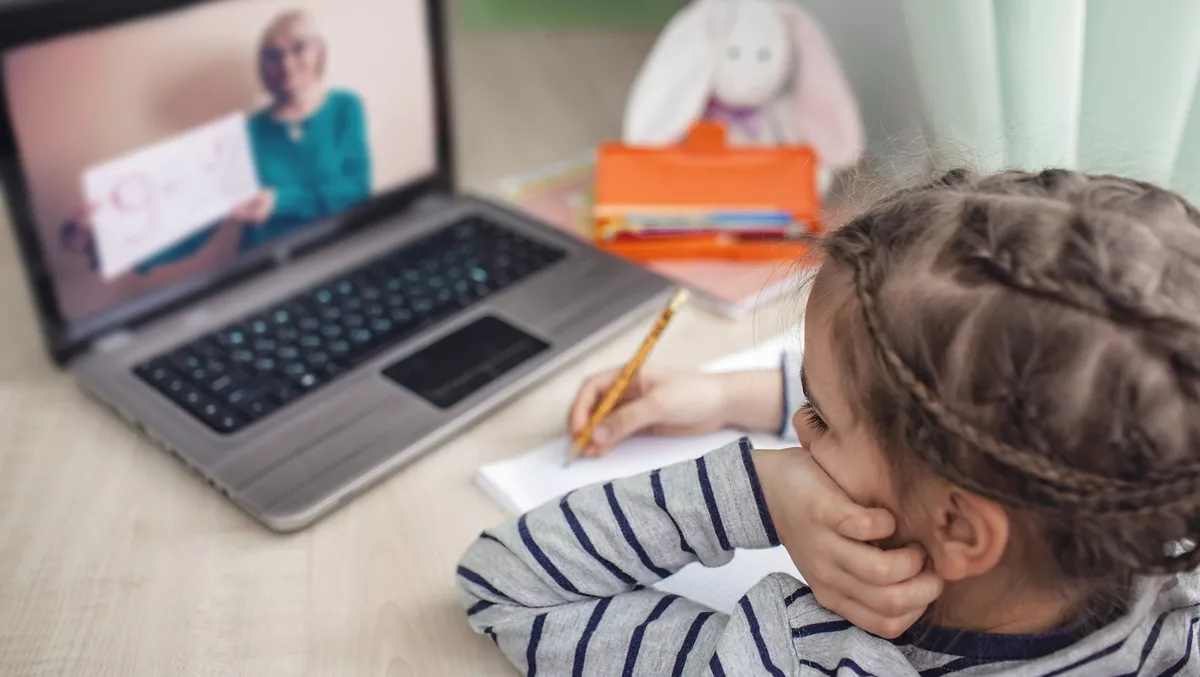
Children’s privacy harmed in online learning - Human Rights Watch
A new Human Rights Watch report has found that governments of the world's most populous countries did not adequately protect children's privacy when endorsing online learning products during COVID-19 lockdowns.
The report "How Dare They Peep into My Private Life?': Children's Rights Violations by Governments that Endorsed Online Learning during the COVID-19 Pandemic," looks at 164 education technology (EdTech) products endorsed by 49 countries, including Australia, China, India, Indonesia, Japan, Malaysia and Korea.
It includes an examination of 290 companies found to have collected, processed, or received children's data since last March.
The Human Rights Watch says of the 164 EdTech products, 89% appeared to engage in data practices that risk or infringe on children's rights. It says these products monitor or can monitor children, in most cases secretly and without the consent of children or their parents.
The report says in many cases, the products harvest personal data such as who the children are, where they are, what they do in the classroom, who their family and friends are, and what kind of device their families could afford to use.
The Human Rights Watch says most online learning platforms also have tracking technologies that trail children outside of their virtual classrooms and across the internet over time. In addition, some invisibly tag children in ways that are impossible to avoid or erase – even if children, their parents, and teachers are aware and want to – without destroying the device.
Human Rights Watch technology researcher Hye Jung Han says children should be safe in school, whether in person or online.
"By failing to ensure that their recommended online learning products protected children and their data, governments flung open the door for companies to surveil children online, outside school hours, and deep into their private lives," she says.
The report says children's data are also sent to advertising technology companies, opening the door to behavioural advertising. The Human Rights Watch says doing so distorts children's online learning experiences and risks influencing their opinions and beliefs at a time in their lives when they are at high risk of manipulative interference.
The Human Rights Watch says with the exception of Morocco, all governments in the report endorsed at least one EdTech product that risks or undermines children's rights. It says most EdTech products were offered to governments at no direct financial cost.
The report says few governments checked whether the EdTech they rapidly endorsed or procured for schools were safe for children to use. As a result, children whose families could access the internet were exposed to the privacy practices of the EdTech products they were told or required to use during COVID-19 school closures.
The Human Rights Watch says 39 governments put at risk or violated children's rights directly after making their own educational products that did not adequately handle the data collected.
It says some governments made it compulsory for students and teachers to use their EdTech products, making it impossible for children to protect themselves by opting for alternatives to access their education.
The Human Rights Watch is calling on governments to pass and enforce modern child data protection laws that provide safeguards around the collection, processing, and use of children's data.
It has launched a global campaign, #StudentsNotProducts, which brings together parents, teachers, children, and allies to demand protections for children online.
"Children shouldn't be compelled to give up their privacy and other rights in order to learn," says Han.
"Governments should urgently adopt and enforce modern child data protection laws to stop the surveillance of children by actors who don't have children's best interests at heart."


